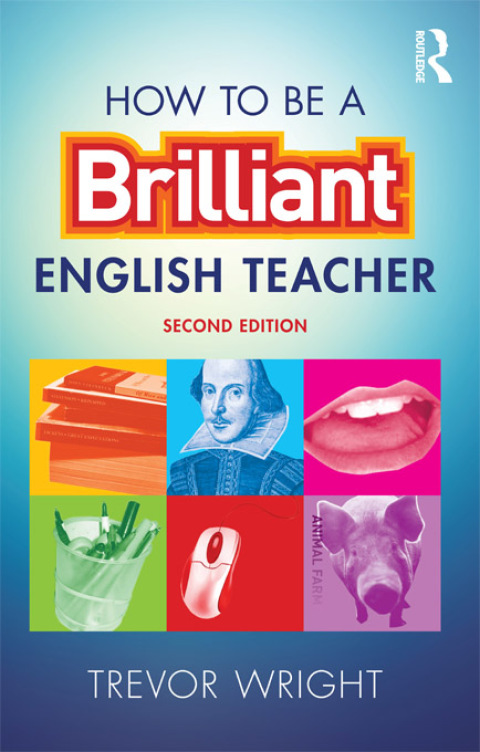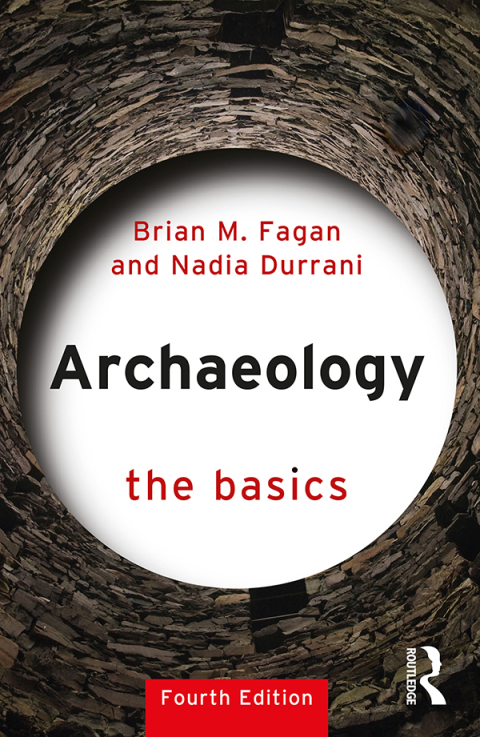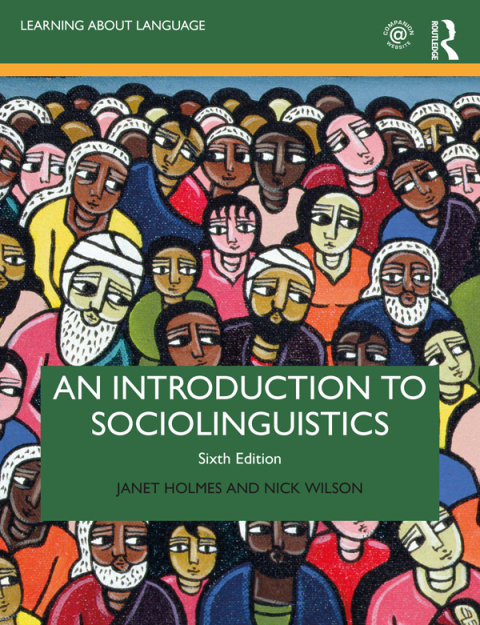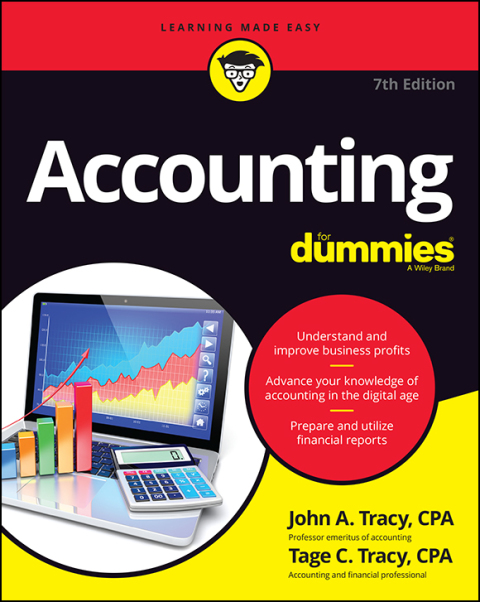Description
Efnisyfirlit
- Cover Page
- Contents
- Tables
- Acknowledgements
- Introduction to the first edition
- Introduction to second edition
- Chapter 1 Shakespeare
- Don’t show the film first
- Don’t choose a play because you love it
- Don’t start with context
- Make the connection
- It edits the text
- It’s structured
- It’s oral pair work
- The personal context
- Predictions and opinions
- Approaches
- Chapter 2 Planning
- Planning backwards
- Planning for variety
- Purpose and audience in the real world
- Slightly controversial views on homework
- Look at the planning first
- Organise
- Chapter 3 Learning to love objectives
- Too many policies?
- Line-by-line, verse-by-verse
- Small is beautiful
- The paradox of the general and the specific
- Triangulate to accumulate
- Some myths about objectives
- It’s very difficult to think them up
- They spoil spontaneity
- You can teach perfectly well without them
- You have to write them on the board at the start of every lesson
- They are utilitarian
- You don’t need them with sixth-formers
- Chapter 4 Poetry, texts and pupil responses
- What are we analysing?
- Difficulty and the stupid syndrome
- The surprising and important relevance of the oral tradition
- The absolute fundamental crucial centrality of comparison in understanding text effects – please do not skip this section
- The proper point of DARTs
- What to do and what not to do with DARTs
- Think again about the order of things
- The gifts of the text
- Chapter 5 Managing learning, managing classrooms
- Get the level right
- The lesson beginning: the tumbleweed experience
- It’s easy to do. Consider this checklist for your first three minutes
- The shape of the lesson – transitions, and the lesson story
- Task setting – always QDO
- Task setting – always 3QM
- Task setting – stay at the front
- Talking to the class – using questions
- Valuing and validating pupil responses
- Don’t YAVA
- Managing speaking and listening
- Is the work integrated?
- Are you thinking about the formation of the group?
- Are you helping with the internal working of the group?
- Are they preparing for the discussion?
- Are you structuring the discussion?
- Do you QDO?
- Are you monitoring the groups?
- Stirring the tea
- Listening
- Motivating pupils – the element of game
- Motivating pupils – joint ownership
- Quietness is golden
- Chapter 6 Evaluation
- What evaluation isn’t
- What evaluation is
- Three levels of evaluation
- The middle level – evaluating activities
- How does activity-level evaluation happen?
- Permanent evaluation
- The plenary for end-of-lesson evaluation
- Chapter 7 Planning, curriculums and frameworks
- Explicitness
- Objectives – combine and refine
- The lesson shape
- The Janus starter
- Slight digression: PowerPoint
- The power of transitions
- Why is it persuasive?
- Text types
- Some notes on literacy
- Positive models
- The irritating survival of the apostrophe
- The curriculums
- Creativity
- Chapter 8 Working with big texts
- Idiolect
- How to kill a novel
- How to kill a play
- Texts and examinations
- Text activities
- Chapter 9 Drama
- What is it?
- Don’t put them off before you start
- Defining terms
- Games
- Character work
- Role play
- Polished improvisation
- Spontaneous work
- Performance
- The basics: how to begin
- New rules
- Tips for you personally
- Running sessions: getting into practicalities
- Warm-ups
- Acceptance – apparent goals and hidden agendas
- Pass the basket
- Sequencing
- Flexibility
- Ensemble
- Physical co-operation
- Taking it further: improvisation
- Don’t stand on the edge – jump in!
- Prepared or spontaneous?
- Developing practice
- For physical release and control
- Cat and mouse
- Guards at the gate
- Grandmother’s footsteps
- Knee fights
- Wizard/Witch/Goblin or Pig/Wolf/Farmer
- Fruit salad
- Red shoes
- Guided fantasy
- Misnomer
- 123/clap23
- Word association and word dissociation
- Hotseating
- Exercises detailed in the text
- Chapter 10 Differentiation and inclusion
- Teacher language
- Rotation
- Inclusion, not segregation
- The car and the lorry
- Personal choices
- More inclusion: challenging the very able
- Differentiation: from C to A
- Meta-learning
- Answers
- Bibliography
- Books about English and Teaching
- Books about Drama
- Texts
- Index






Reviews
There are no reviews yet.